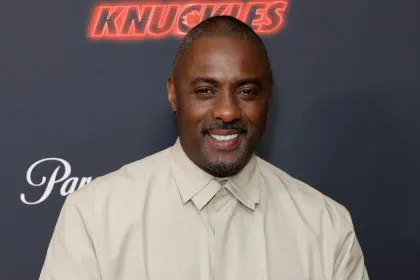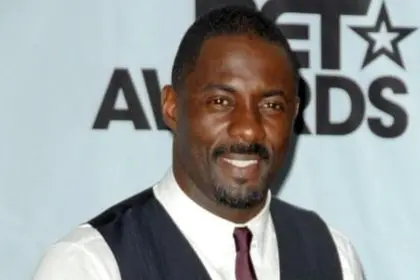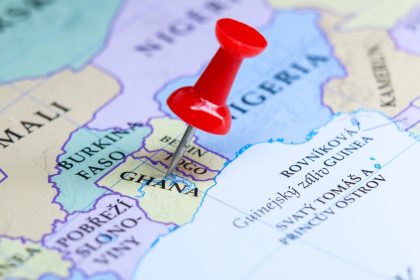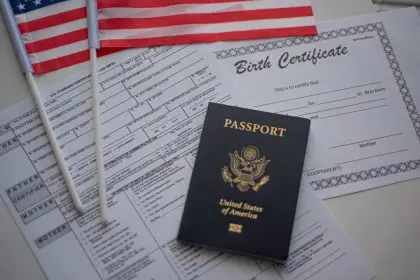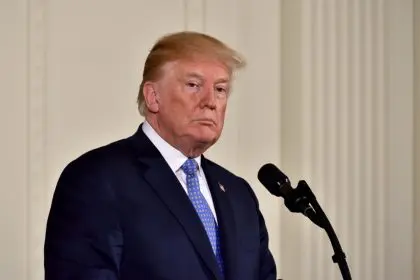
These are interesting times. The European Union is beginning to break apart after Great Britain succumbed to the same ethno-nationalist rhetoric that Donald Trump is spewing at his followers fantasizing in the United States about him making America White again (as if it ever was). At the same time plans are being made for an orderly Brexit, many Black Americans are pondering a Blaxit. Fed up with the unchecked racism built into systems supported by their hard-earned tax dollars, Blacks are economically, if not physically, standing up and withdrawing from the country that was built on their backs. Citizens Trust Bank, in Atlanta, Georgia, recently revealed that 8000 new accounts, which represents a minimum of $800K, were created in the past 5 days in response Killer Mike’s call for Black economic unity.
Africa is watching. Recently, a Ghanaian company invested $9M to save a failing Chicago bank, and urged Africans and Black Americans to help one another. Groupe Nduom president and chairman Dr. Papa Kwesi Ndoum called the ISF Bank acquisition a “major step for Africans,” pointing out the new opportunity for Ghanaians to start businesses in the Black community.
“In the Jewish community, they find a way to help each other, and they have moved on,” Ndoum explained at a town hall meeting of Africans and Black Americans in Chicago. “The Chinese start with little and move on, and the Koreans also come here and move on,” he noted. “So, we have this idea: What is it about African-Americans, Africans, specifically Ghanaians? The African has talent, the African-American has talent, the Ghanaian has talent; the problem is a lack of opportunity.”
As the African Union is undertaking the opposite of a Brexit, opportunities to leverage cooperative economics are projected to increase in the US and in Africa, where countries like Ghana offer dual citizenship for Black Americans. The African Union is taking steps to unify all 54 countries on the continent by making travel and trade a border-less proposition. The electronic passport, which grew out of a plan to mobilize Africa’s vast resources to strengthen the region’s self-reliance, global economic power and solidarity, will allow a holder of any African country’s passport to travel freely throughout the continent. Also, this week African heads of state are taking the next steps to establish Africa’s Continental Free Trade Area (CFTA). It would seem that now is the time for forward thinking Blacks to acquire that dual citizenship if their Blaxit plans are intercontinental.
The Washington Post is also reporting 7 things we need to know about CFTA, summarized below. This free-trade area is expected to be up and running by 2018, around the same time the electronic passport becomes widely available to all citizens of African countries.
1) The CFTA would constitute the largest free-trade area in the world as a single market of more than 1 billion people — an estimated 2 billion or more by 2050 — with a gross domestic product of more than $3 trillion.
2) There’s a larger global trend. Yes, globalization is real.
3) The CFTA would help African countries develop. By breaking down barriers between African countries, the continent will truly begin to remove the shackles of colonialism.
4) African nations need this boost in trade. Trade among African nations currently accounts for just over 14 percent of their total trade, while Europe and North America both have intraregional trade rates at over 60 percent. The United Nations Economic Commission for Africa estimates that the CFTA could increase trade between African countries by more than 50 percent from current levels.
5) Negotiations are not starting from scratch. At least eight regional trade agreements exist, touching all corners of the African continent, and major steps towards the establishment of a continental agreement have already been taken.
6) The CFTA has widespread political and economic support. The African Union has established a specialized unit to support CFTA negotiations and is receiving significant economic support from African and non-African partners.
7) Though considerable work remains, the process is already underway. Two sessions of negotiating have taken place this year, and additional progress is expected at the African Union Summit this week. The plan is to complete negotiations in 2017.
A single African market with strong ties to a Black America that has decided to take its power back has great potential to reshape the world.




